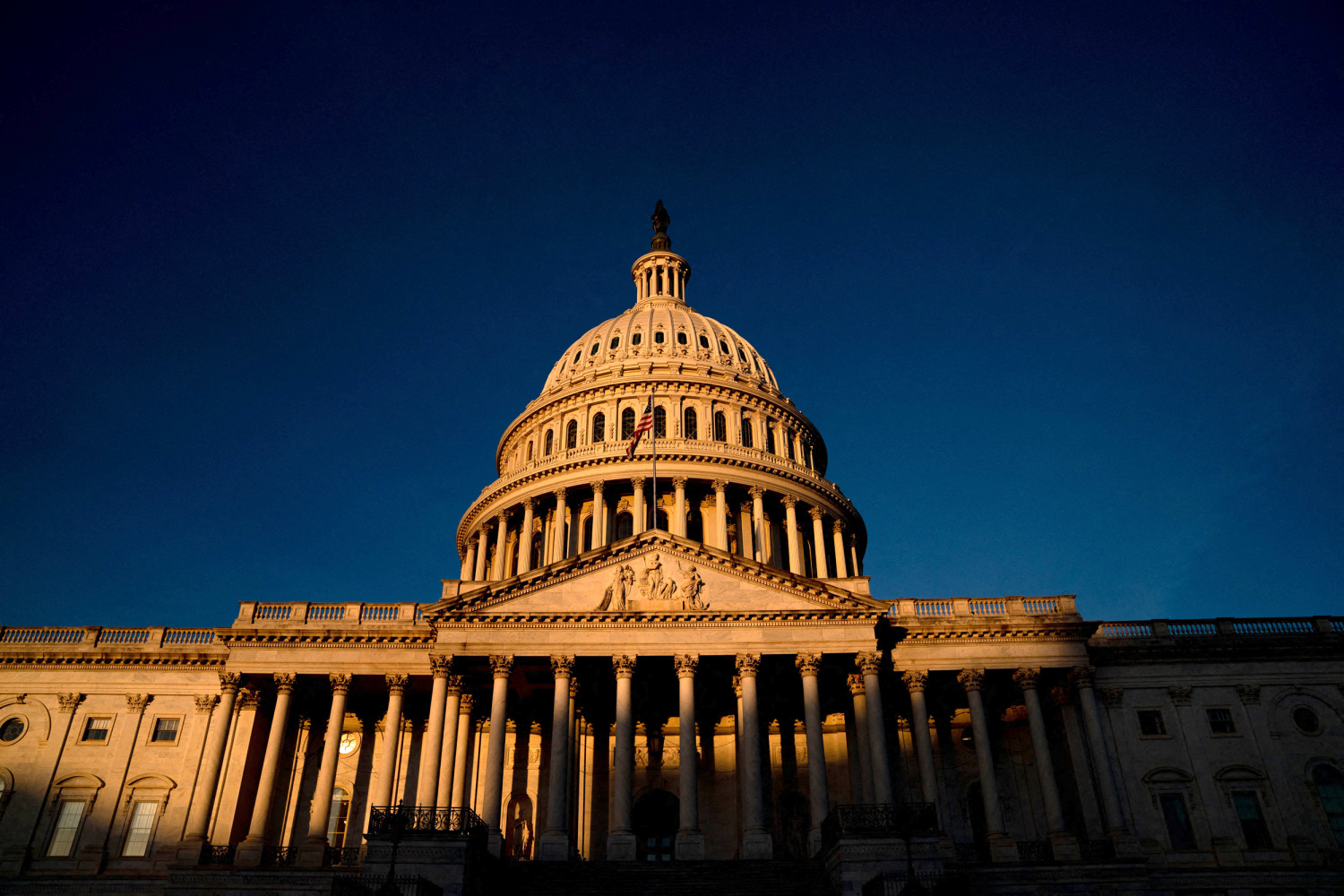Congressional leaders are on the verge of finalizing a groundbreaking $70 billion bipartisan and bicameral deal that aims to expand the child tax credit and provide tax breaks for businesses. This deal, negotiated by members of the Democratic-led Senate Finance Committee and the Republican-led House Ways and Means Committee, is a rare attempt at major bipartisan legislating in a divided Congress. The package is split evenly between the Democrats’ focus on enhancing the child tax credit, which has proven effective in reducing childhood poverty, and the Republicans’ desire to provide new tax incentives for businesses. Let’s delve into the key details of this tax deal and how it could impact families and the economy.

Background
The negotiations for this tax deal have been ongoing for 18 months, with Senate Finance Committee Chair Ron Wyden leading the charge. The goal is to complete the deal by January 29, just in time for the filing season. The emerging deal aims to provide targeted relief for needy families and multi-child families, with a focus on boosting refundable child tax credits and incrementally lifting the cap on refundable credits. Additionally, tax filers would have the option to use previous years’ incomes if it enables them to access larger benefits. It’s important to note that the monthly child cash payments sent to families in 2021 are not part of the current negotiations.
Enhancing the Child Tax Credit
One of the key aspects of the tax deal is enhancing the child tax credit to address the disparity between low-income families and middle- and higher-income families. The Democrats’ priority is to significantly reduce child poverty by maximizing the impact of the expanded child tax credit. By boosting refundable child tax credits and removing the $1,600 cap on refundable credits, the deal aims to provide much-needed support to vulnerable families.
Furthermore, the negotiations include the provision of tax breaks for families with multiple children. This targeted approach aims to ensure that families with more children receive adequate support. Overall, the enhanced child tax credit component of the deal seeks to prioritize the well-being of families and create a more equitable system.
Tax Incentives for Businesses
In exchange for enhancing the child tax credit, Republicans are seeking new tax incentives for businesses. The proposed deal would revive some policies from the Trump tax cuts of 2017 that have since expired. These incentives include full expensing for domestic research and development, restoration of the pre-2017 interest deduction, extension of bonus depreciation, and expansion of small-business expensing. The objective is to provide businesses with the necessary tools and incentives to thrive and contribute to economic growth.
Bipartisan Cooperation
The emerging tax deal is a testament to bipartisan cooperation in a divided Congress. Democrats are eager to bring back the expanded child tax credit after witnessing its positive impact on reducing child poverty. Republicans, on the other hand, recognize the importance of supporting their traditional business allies and delivering tangible results in an election year. Despite the challenges of governing in a polarized political climate, both sides are working towards a resolution that benefits families and businesses alike.

Remaining Challenges
While the negotiations are nearing completion, a few major holdups remain. Democrats are pushing for housing provisions to be included in the deal, while Republicans are emphasizing tax issues related to the cleanup of natural disasters. These issues need to be addressed to ensure a comprehensive and balanced tax deal. However, lawmakers involved in the discussions are optimistic about reaching a resolution.
Reactions from Lawmakers
Lawmakers from both parties have expressed their views on the tax deal. Some prominent liberals have concerns about the deal favoring corporations and prioritizing tax breaks over the needs of working families. However, there is also cross-party support for various aspects of the deal. Lawmakers like Senator Maggie Hassan emphasize the importance of bipartisanship and see the deal as a step forward. The involvement of lawmakers like Senator Sherrod Brown, who prioritize helping families raising children, further highlights the significance of this tax deal.
Conclusion
The impending $70 billion tax deal represents a significant milestone in bipartisan legislating in a divided Congress. By enhancing the child tax credit and providing tax incentives for businesses, this deal aims to address the needs of families and support economic growth. While some challenges remain, lawmakers are committed to finding common ground and delivering tangible results for the American people. As the negotiations near completion, the impact of this tax deal on families and businesses will become clearer, offering new possibilities for the future.
